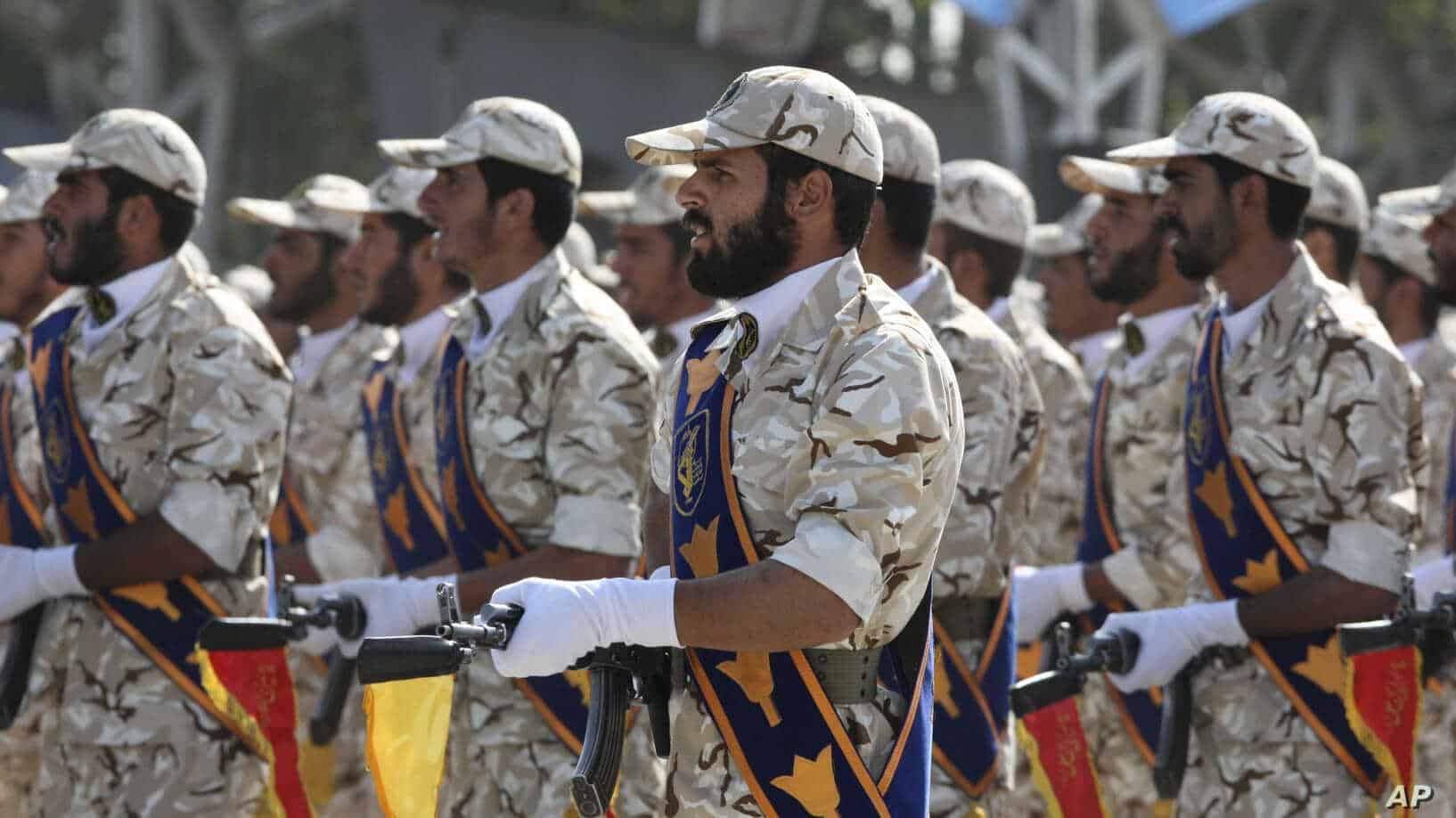US Increases ‘Maximum Pressure’ on Iran

The United States is turning up its "maximum pressure" campaign on Iran, slapping fresh sanctions on 20 companies and individuals for bolstering Iranian-backed militias in Iraq and elsewhere.
The U.S. Treasury Department unveiled the latest round of sanctions Thursday, accusing the companies and individuals of acting as part of a front for Iran’s Islamic Revolutionary Guard Corps-Quds Force.
Officials said the network has helped transfer “lethal aid” to two Iranian-backed militias in Iraq, Kataib Hezbollah and Asa’ib Ahl al-Haq, while also smuggling weapons to Iranian-backed Houthi rebels in Yemen.
The companies and individuals also are alleged to have engaged in money laundering, illicit oil sales to Syria and a widespread intimidation campaign designed to bully Iraqi politicians into supporting policies favorable to Iran.
“Iran employs a web of front companies to fund terrorist groups across the region, siphoning resources away from the Iranian people and prioritizing terrorist proxies over the basic needs of its people,” Treasury Secretary Steven Mnuchin said in a statement.
The sanctions come as Iran is struggling to contain the coronavirus pandemic, reporting at least 29,000 cases and more than 2,200 deaths.
But even while bracing for a second wave of the outbreak, Iranian officials have repeatedly blamed U.S. sanctions for making it worse.
Iranian Foreign Minister Mohammad Javad Zarif again decried U.S. actions against Tehran on Thursday, telling nations it was a “moral imperative to stop observing the bully's sanctions."
U.S. officials, however, have pushed back, accusing Iran of repeatedly rejecting medical and humanitarian aid while at the same time helping to spread the coronavirus to its neighbors.
Mnuchin on Thursday promised the new sanctions would not interfere with efforts to help the Iranian people.
“The United States maintains broad exceptions and authorizations for humanitarian aid, including agriculture commodities, food, medicine and medical devices, to help the people of Iran combat the coronavirus,” he said.
The Iran-linked companies targeted in the latest Treasury Department designations include the Reconstruction Organization of the Holy Shrines in Iraq — which claims to be a religious organization based in both Iran and Iraq — and the Iraq-based al-Khamael Maritime Services.
The U.S. also sanctioned Sayyed Yaser Musavir, an IRGC-Quds Force official who has been coordinating efforts with Iranian-backed militias in Iraq since 2014, and Shaykh Adnan al-Hamidawi, a Kataib Hezbollah special operations commander allegedly involved in attacks against U.S. and coalition forces as well as in a scheme to intimidate Iraqi politicians.
A statement from the U.S. State Department on Thursday further said that some of the sanctioned companies and individuals were involved in efforts to keep Iraq dependent on Iranian energy supplies.
Link: https://www.voanews.com/middle-east/voa-news-iran/us-increases-maximum-pressure-iran











